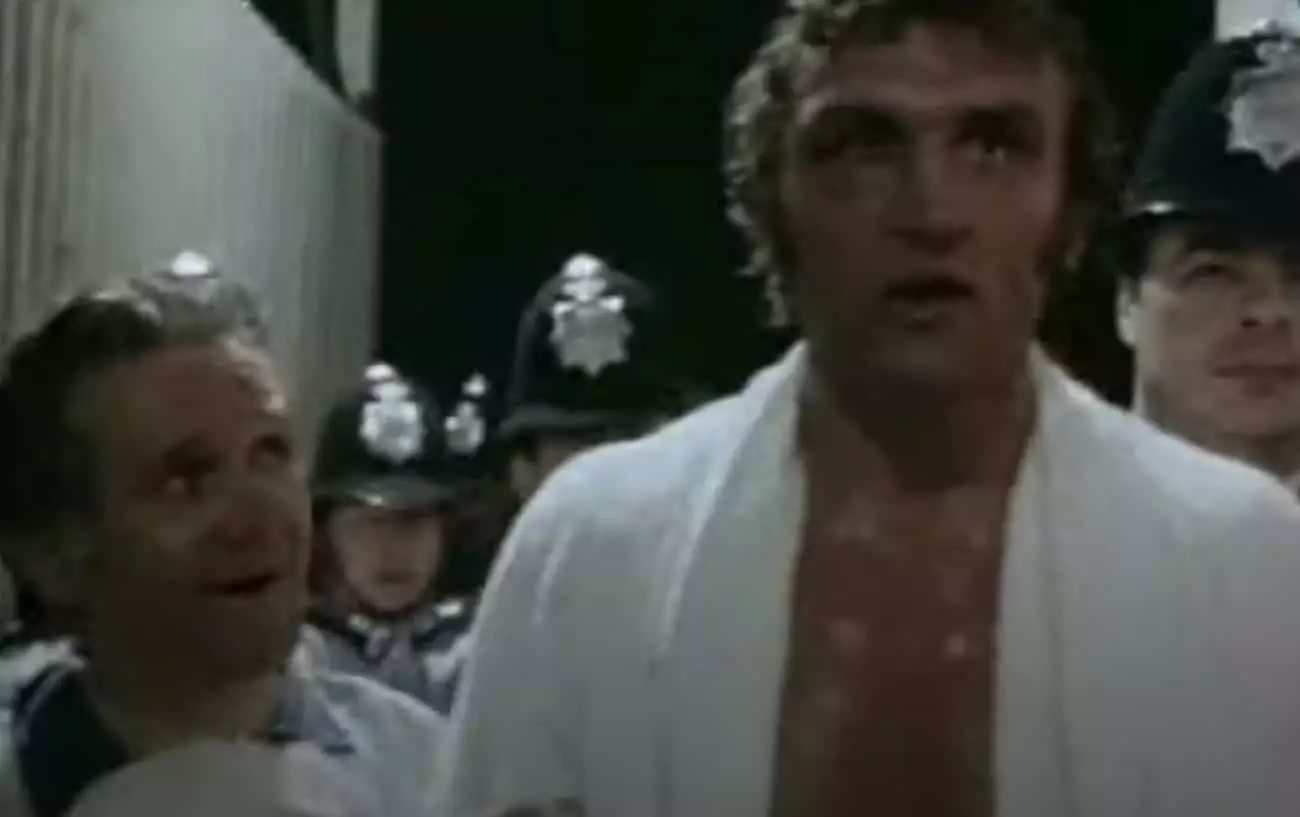In the world of heavyweight boxing, there are some names that echo through history, celebrated for their prowess and the marks they’ve left on the sport. However, amidst the giants—Muhammad Ali, Joe Frazier, Mike Tyson—exists another figure often placed on the sidelines, subjected to unwarranted criticism: Joe Bugner. Viewed through the lens of the boxing community, Bugner’s career has been marred by allegations of being overly cautious, unexciting, and occasionally disengaged in fights. Yet, these labels overshadow the significant achievements of a man who dedicated his life to the sport and faced off against some of the most formidable opponents of his era.
Bugner’s journey began in Hungary, before settling in the UK and finally moving to Australia. Each relocation marked not only a geographical change but a profound personal transformation. He wasn’t merely chasing fame; he sought happiness. This drove him into the ring, where he showcased his extraordinary talent against a procession of legendary fighters such as Ali and Frazier. The fact that he managed to endure in an era that was unforgiving to any sign of weakness should speak volumes about his skills and resilience.
Strategies Misunderstood
Critics frequently branded Bugner as “too negative” or “not committed,” neglecting the significance of his defensive style. In boxing, where the stakes can be life-altering, the ability to avoid powerful punches is an art form in itself. Bugner mastered this technique, and while fans clamored for more explosive performances, they failed to recognize the strategy behind his methodical approach. In a time when brawling was celebrated, his reluctance to engage in reckless abandon intended to safeguard his health and prolong his career—a noble aspiration that many in the boxing world seem to overlook.
It’s easy to dismiss a fighter’s performance based on perception, but the reality is far more complex. Greatness in boxing isn’t solely defined by knockouts or thrill-a-minute wars; sometimes it’s about survival, adaptability, and strategic brilliance. Bugner was a physical specimen—an Adonis in the boxing world—who used his physique and technical prowess effectively. By shunning unnecessary risks, he extended his career longer than many contemporaries reputed for their excitement but ultimately cut their paths short due to injuries.
Coping with the Aftermath
Currently, Joe Bugner is confronting an existential battle with dementia, a condition that has stripped away not just his memories of monumental fights but his very identity as a boxer. It’s a tragically common fate among fighters who once shone in the spotlight. This downfall elicits empathy as one reflects on the harsh reality of the sport—they often face an uphill battle long after the last bell has rung.
In a poignant twist of fate, Bugner’s critics, who deemed him “not brave enough,” cannot fathom the internal battles that consciousness can throw upon someone. No longer can they wallet their opinions against the price he now pays, a price that, while brutal, unveils the darker side of boxing—its potential to rob fighters of their health and memories. Bugner’s legacy is not merely about his wins and losses; it serves as a commentary on the heart-wrenching cost many athletes pay for their dedication.
A Legacy of Perseverance
Despite the setbacks and criticism, Bugner’s record—69 wins, 41 by knockout—speaks for itself. The losses may tell a part of the story, but they don’t define him as a fighter. They do not encapsulate the tenacity it takes to face the giants of the sport or the years of training and discipline he committed to protecting himself and giving fans the experience he was capable of providing. Today, as he approaches his 75th birthday, it’s imperative that we reconsider our history with fighters like Bugner, who may not have garnered the excitement of the crowd but possessed an admirable heart and skill set that defined a generation.
Joe Bugner has given a lot to this sport, and while time may have dulled the memories of his glory, he is more than deserving of recognition and respect. As he continues to grapple with the fallout of his lifetime in the ring, we must celebrate the courage, adaptability, and heart of a fighter who remains an unsung hero, deserving of honor in the pantheon of boxing legends.

